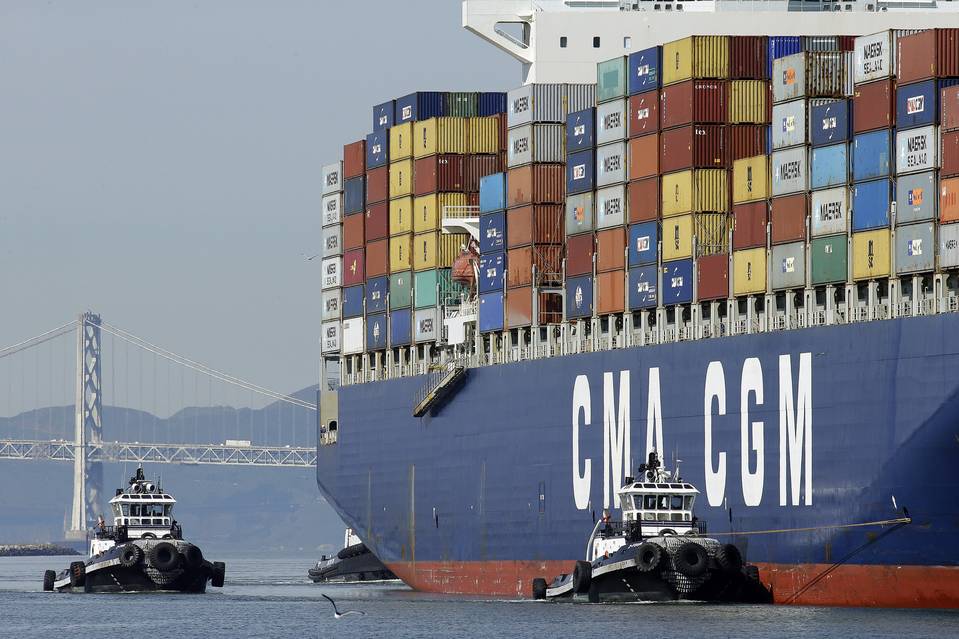- Intra-African: Afreximbank Challenges Stakeholders
Mr Amr Kamel, the Executive Vice President, Business Development and Corporate Banking in African Export-Import Bank (Afreximbank), has charged the media and financial experts in the continent to promote intra-African Trade.
Kamel said this at Afreximbank’s Annual Seminar and Workshop on Structured Trade Finance in Casablanca, Morocco.
He urged the media to consistently inform and benlighten the people on the importance of intra-African trade to enhance its acceptability and promote growth of businesses within Africa.
Kamel said that the fundamentals of Structured Trade Finance was the focus of the 2018 edition of what has become the Bank’s annual flagship course.
According to him, Morocco’s development is testament to the impact of concerted efforts to economic development.
He reiterated the contributions of the seminar towards developing skills and building capacity or over 1,750 professionals across Africa and elsewhere.
He said: “Morocco has undergone an incredible transformation after efforts to modernise and expand its infrastructure, upgrade roads, ports and airports to support its intention of becoming a commercial crossroad between Africa and the West.
“Electricity has reached 99 per cent of the population and more than 85 per cent have access to potable water.
“Manufacturing has become a mainstay of the economy with Morocco emerging as Africa’s largest automotive producer and a hub for aeronautical manufacturing.
Earlier in her remarks, Mrs Zaaboul Faouzia, the Director, Department of Treasury and External Finance, Ministry of Economy and Finance, Kingdom of Morocco, said the Morocco’s trade with Africa accelerated from $128 million to $3.3 billion in 2017.
She said this was facilitated by transport, communication, and financial links through Royal Air Maroc, Maroc Telecom and Attijariwafa Bank, among others.
Faouzia said that the example of Morocco offered many lessons to learn about economic development across the continent.
The director said the Seminar had brought together participants from the banks, law firms and other financial institutions, senior government officials and financial regulators to actively engaged in the promotion and financing of African trade and trade-related projects.
Afreximbank introduced its series of Annual Structured Trade Finance Seminars in 1999 in line with the bank’s goal of strengthening the capacity of its partners and clients in understanding trade and trade-related project financing issues. (NAN)

 Forex1 week ago
Forex1 week ago
 Naira4 weeks ago
Naira4 weeks ago


 Naira7 days ago
Naira7 days ago
 Company News4 weeks ago
Company News4 weeks ago




 Naira3 weeks ago
Naira3 weeks ago


 Naira1 week ago
Naira1 week ago
 Billionaire Watch6 days ago
Billionaire Watch6 days ago
 Banking Sector3 weeks ago
Banking Sector3 weeks ago





















